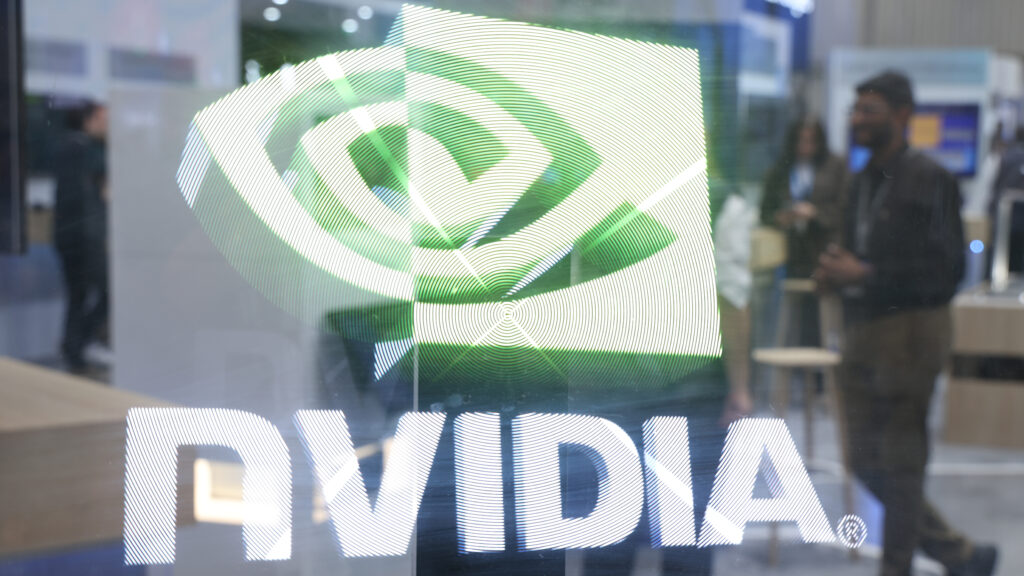Eli Lilly has announced a significant partnership with chipmaker NVIDIA, aiming to develop what is touted as the “most powerful supercomputer owned and operated by a pharmaceutical company.” This initiative is part of Lilly’s broader strategy to leverage artificial intelligence (AI) for drug discovery and development, a move designed to enhance its competitive edge in the pharmaceutical industry.
The announcement was made on October 10, 2023, during NVIDIA’s GPU Technology Conference held in Washington, D.C. This marks the first instance of NVIDIA presenting this technology-focused event in the nation’s capital, underscoring the importance of AI in healthcare.
Kimberly Powell, NVIDIA’s healthcare lead, emphasized the need for the United States to maintain its leadership in AI and biomedical advancements. “One of the most essential industries for any nation is health care, and we need to continue to lead the world in biomedical discoveries,” she stated. Powell highlighted Eli Lilly as a pivotal player in pharmaceutical innovation.
Lilly’s chief information and digital officer, Diogo Rau, reinforced this perspective, expressing the company’s commitment to ensuring the U.S. remains a leader in medicine. “We at Lilly want to make sure that the U.S. wins the medicines race,” Rau remarked, highlighting the importance of innovation in the healthcare sector.
The collaboration between Eli Lilly and NVIDIA aims to harness the immense processing power of AI to expedite the drug discovery process. This partnership signifies a substantial investment in technology that could potentially accelerate the development of new therapies and enhance patient outcomes.
As part of this initiative, both companies plan to utilize advanced AI algorithms and machine learning techniques to analyze vast datasets, enabling faster and more effective identification of drug candidates. This approach not only promises to streamline the research process but also aims to reduce costs associated with bringing new drugs to market.
The partnership aligns with a broader trend where pharmaceutical companies increasingly rely on technological advancements to enhance their research capabilities. By investing in AI, Eli Lilly aspires to remain at the forefront of the drug discovery landscape, contributing not only to its portfolio but also to the global health sector.
This collaboration further emphasizes the growing intersection of technology and healthcare, with industry leaders recognizing the potential of AI to transform traditional practices. The implications of this partnership could be far-reaching, impacting not only Eli Lilly but also setting a precedent for other pharmaceutical companies to follow suit in the quest for innovation.
As the AI race intensifies, the work of companies like Eli Lilly and NVIDIA may play a crucial role in shaping the future of healthcare, potentially leading to breakthroughs that could change the lives of millions.







